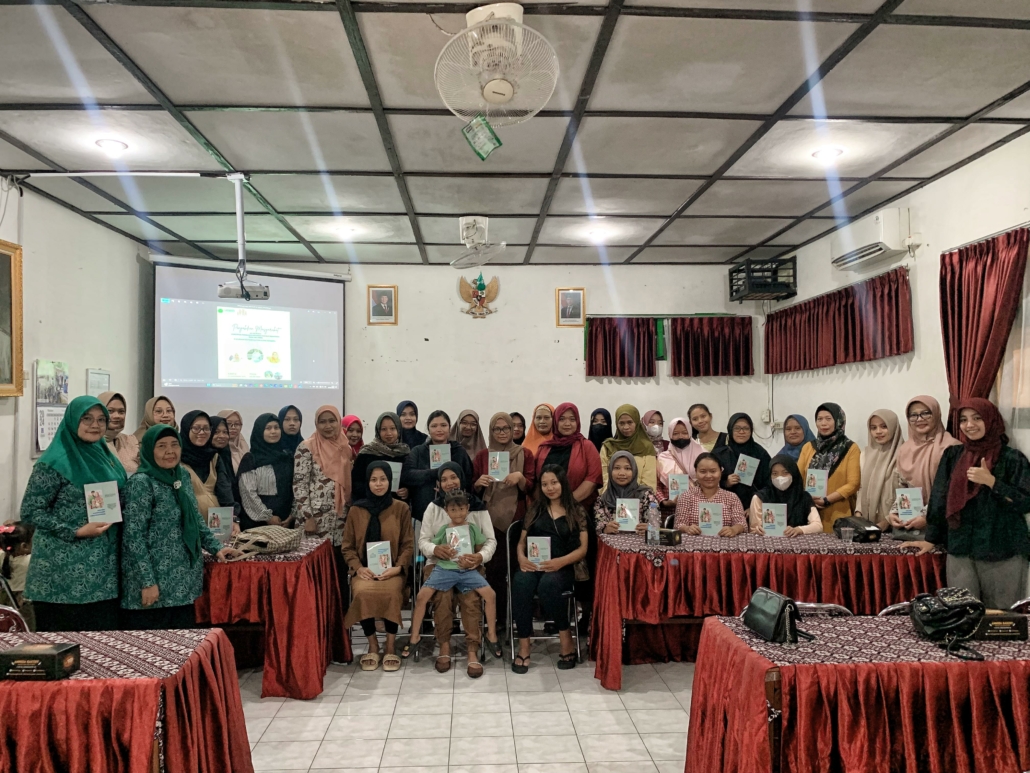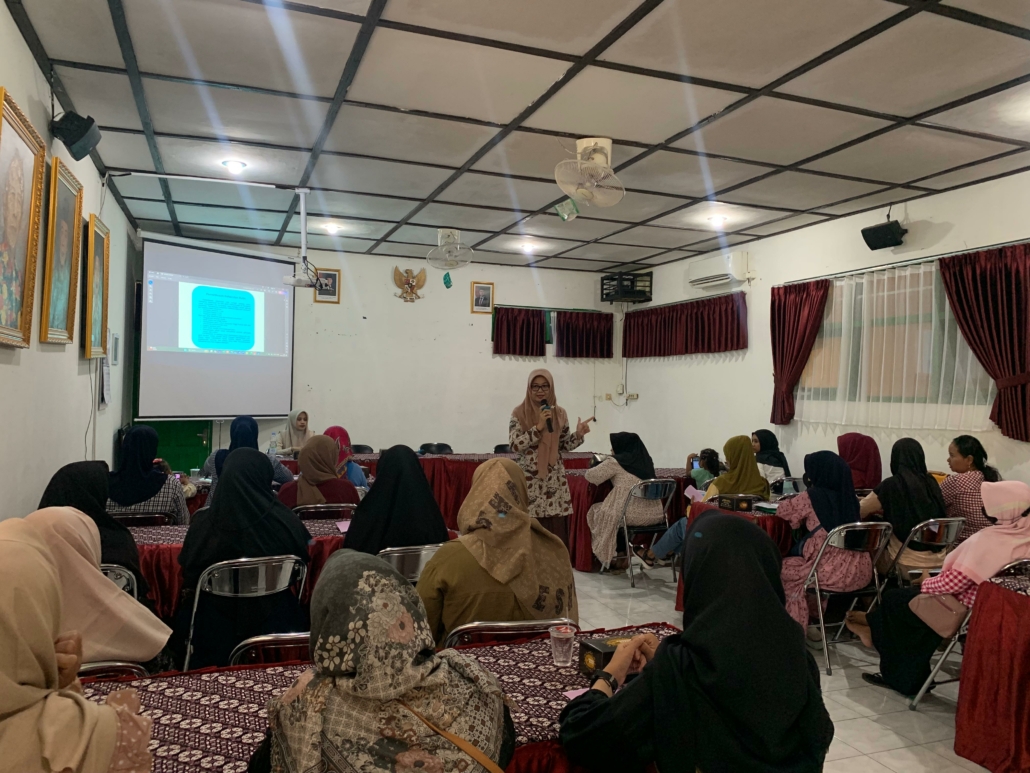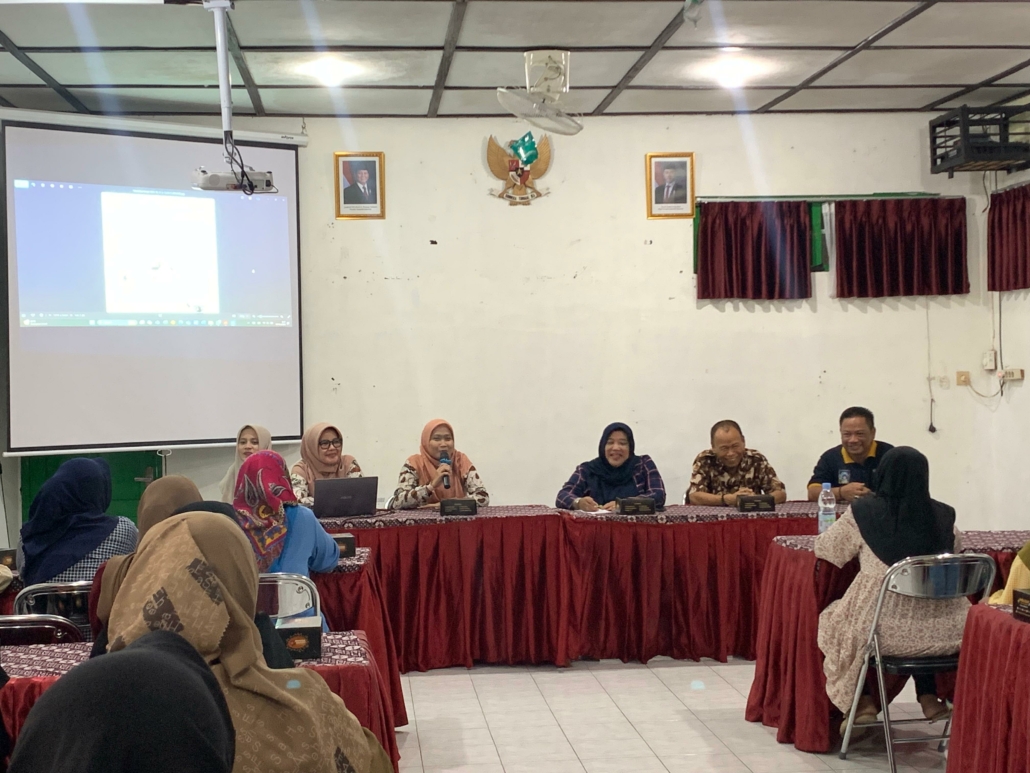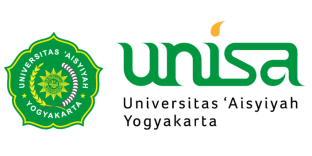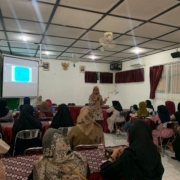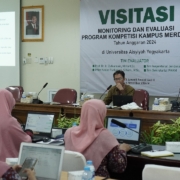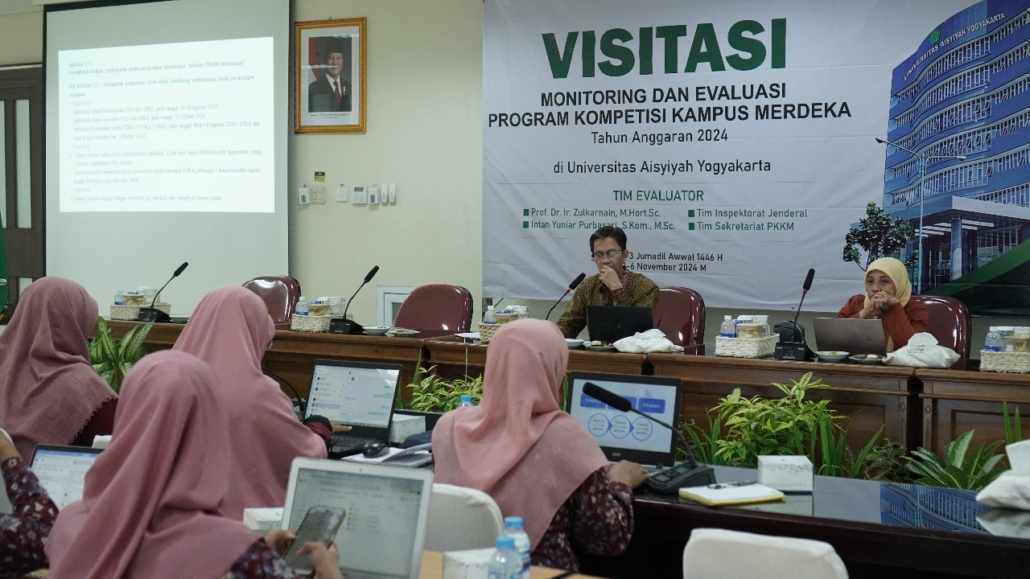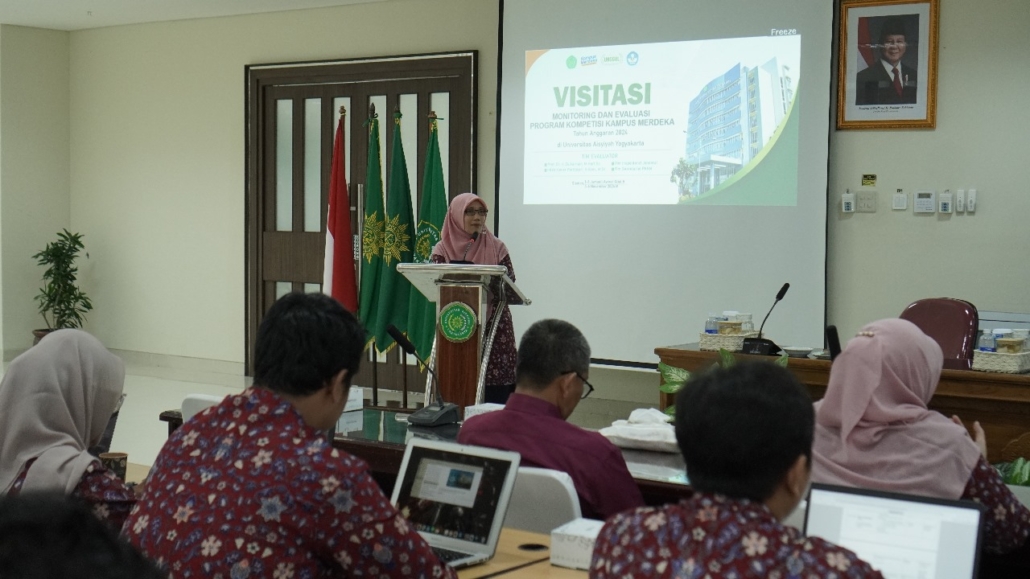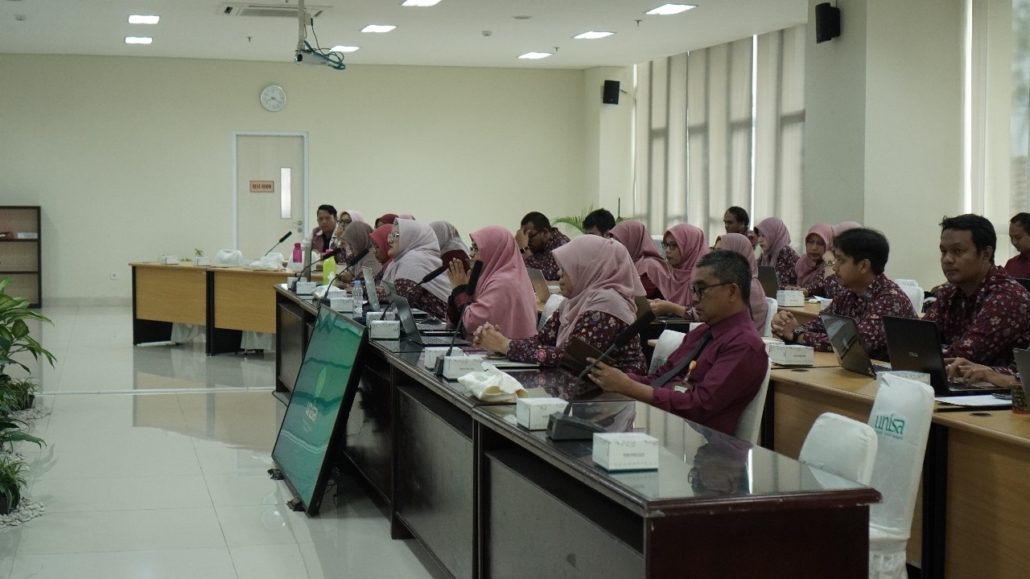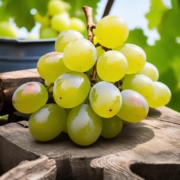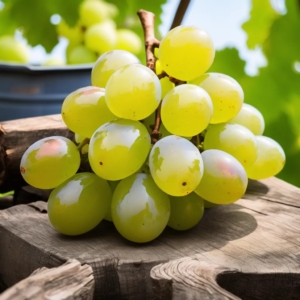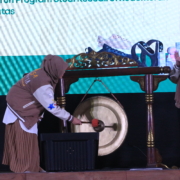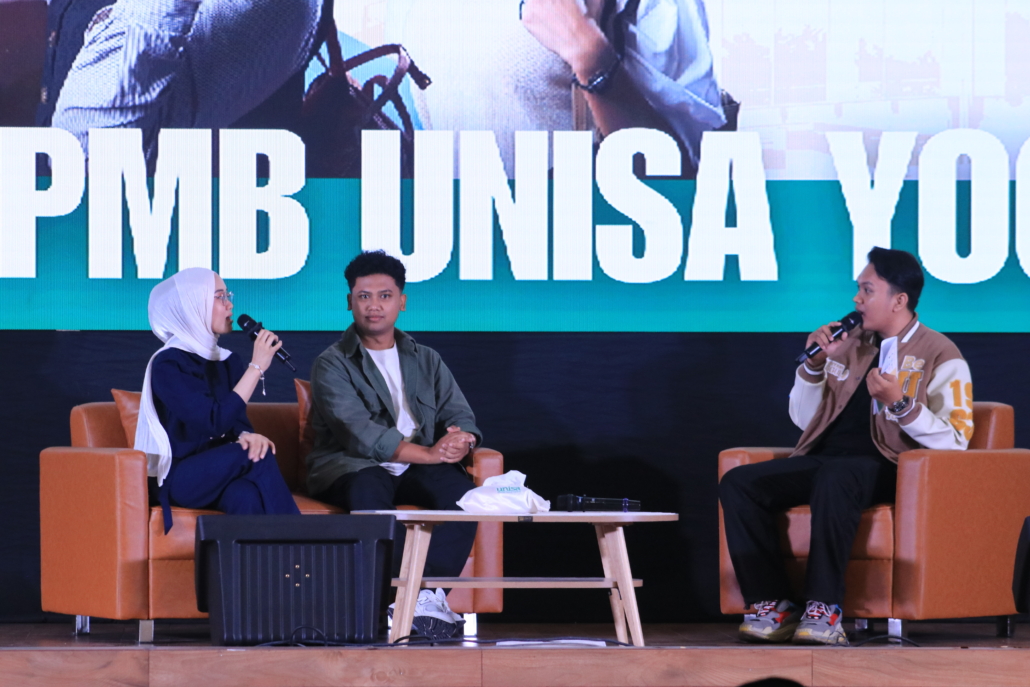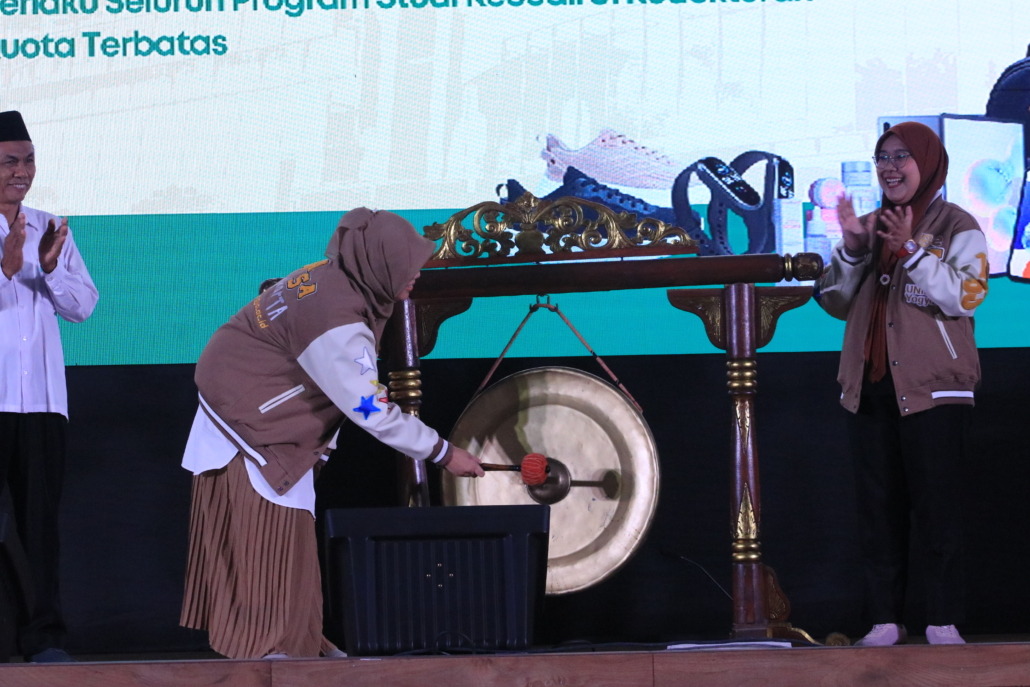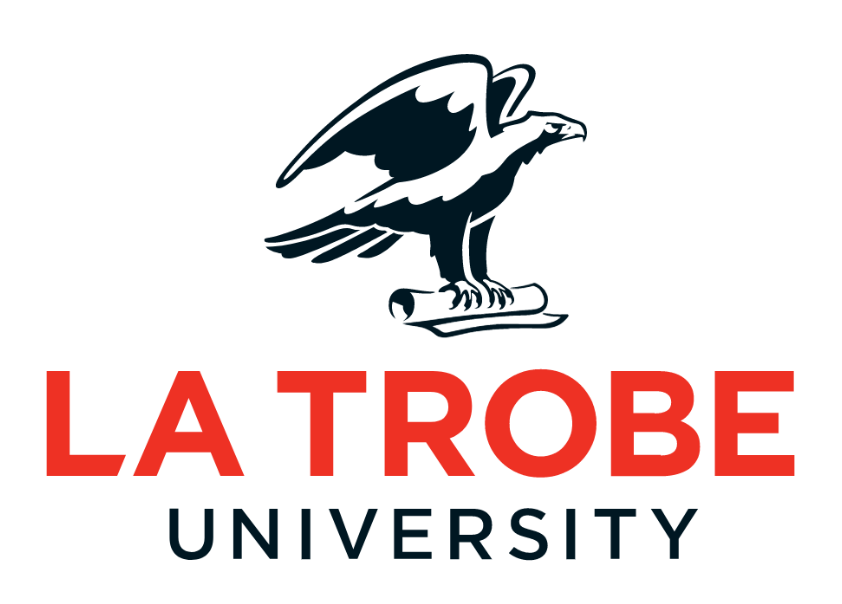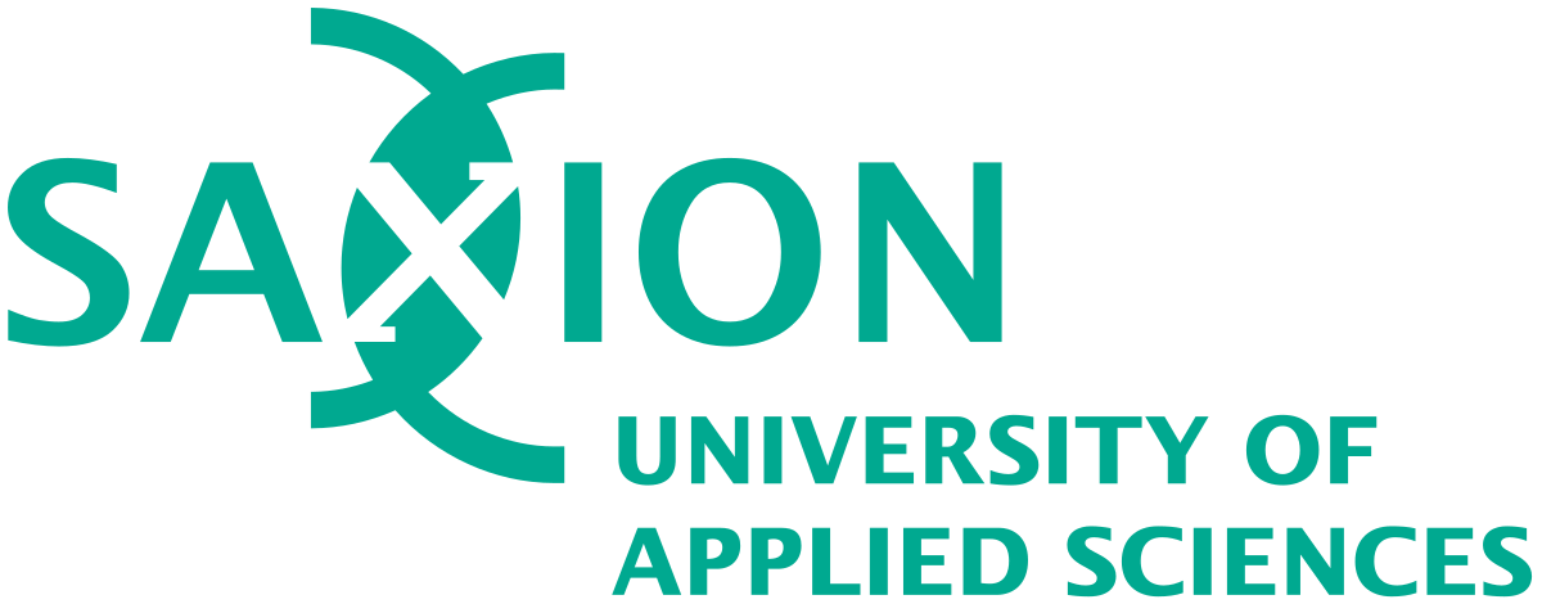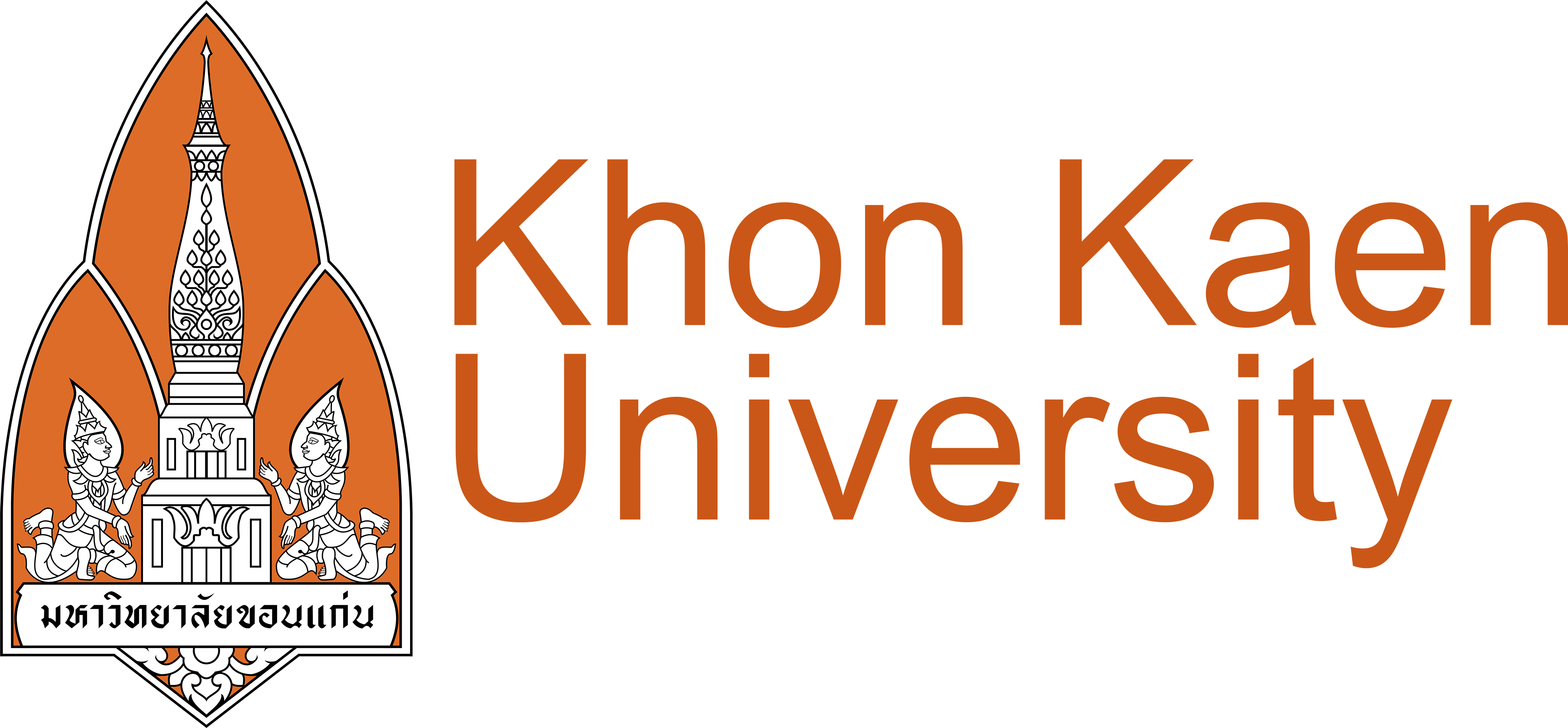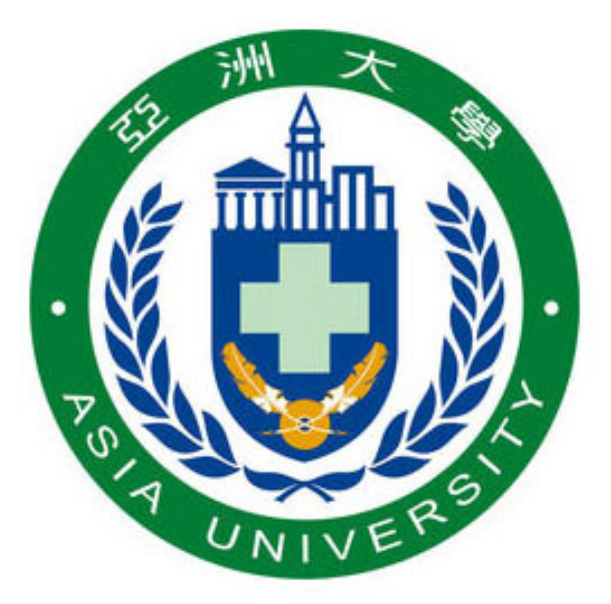Universitas ‘Aisyiyah (UNISA) Yogyakarta shows its concern for the health of mothers and children. This time, through the Midwifery Study Program, UNISA Yogyakarta initiated the PERSIA Class (Preparation for Happy Childbirth and Prosperous Babies) aimed specifically at pregnant women in Banyuraden Village, Gamping, Sleman.
This community service activity was held on Saturday (02/11), and was attended by 37 pregnant women and local health cadres. The PERSIA class aims to provide comprehensive education to pregnant women about the process of pregnancy, childbirth, and baby care. The materials presented included mental and physical preparation before labor, relaxation techniques, newborn care, and the importance of nutrition for pregnant women and babies.
The head of Banyuraden Village TP PKK, Kwintartiningsih Puspo Putri, welcomed UNISA’s initiative. According to her, the PERSIA class is very beneficial for pregnant women in her area, considering the importance of careful preparation in facing childbirth.
“This activity provides valuable supplies for pregnant women, so that they can undergo pregnancy with more peace and comfort,” she said.
Nidatul Khofiyah, S.Keb., Bd., MPH, Head of UNISA’s community service team, explained that the main goal of the PERSIA class is to create a healthy and intelligent next generation.
“By providing the right education early on, we hope to reduce the stunting rate and improve the quality of life of children,” she said.
One of the important points discussed in the PERSIA class was the mental health of pregnant women. Ms. Suyani, S.ST., M.Keb, said that anxiety and depression are often experienced by pregnant women. Therefore, support from family and the environment is very important to maintain the mother’s mental health.
“Pregnancy is a time full of emotions. Support from husband, family, and health workers can help pregnant women overcome anxiety and stress,” said Bdn. Suyani.
Nuli Nuryanti Zulala, S.ST., M.Keb., also emphasized the importance of positive labor support. Good support can make the labor process more comfortable and enjoyable for the mother.
“Praise, touch, and clear explanations during labor can increase the mother’s confidence and reduce pain,” she explained.
In addition to labor preparation, PERSIA classes also provide parenting tips for expectant mothers. Participants are invited to understand the basic needs of babies, such as feeding, sleeping, and stimulation schedules. With sufficient knowledge, mothers are expected to provide the best care for their babies.
Tags: aisyiyah, banggamenjadiunisa, beunisa, ibu hamil, unisayogya
